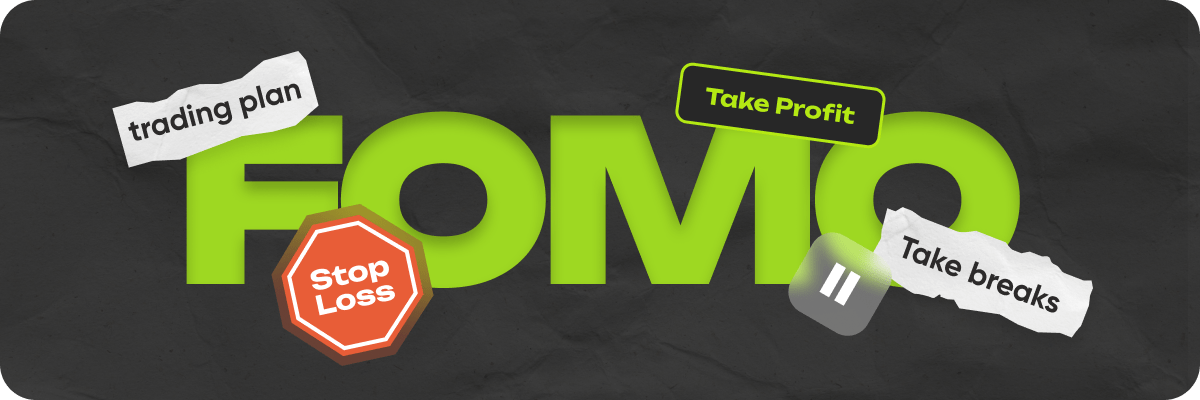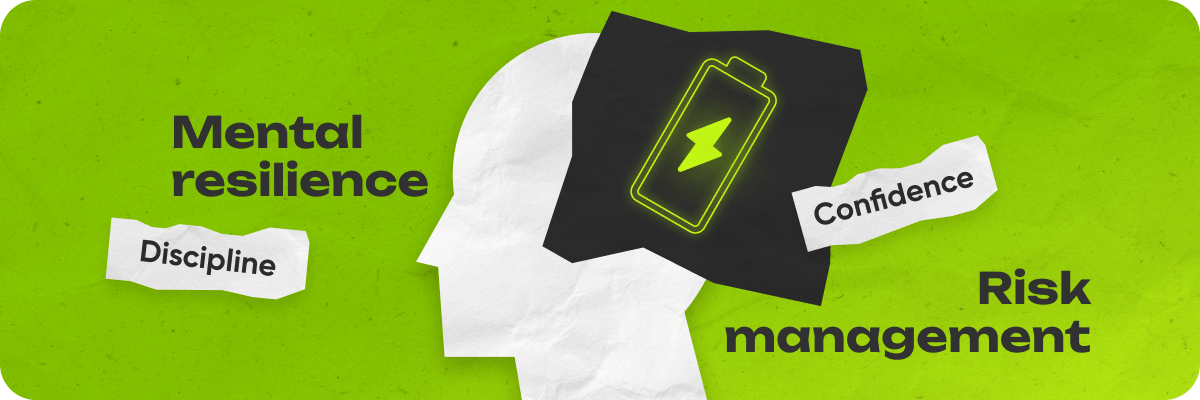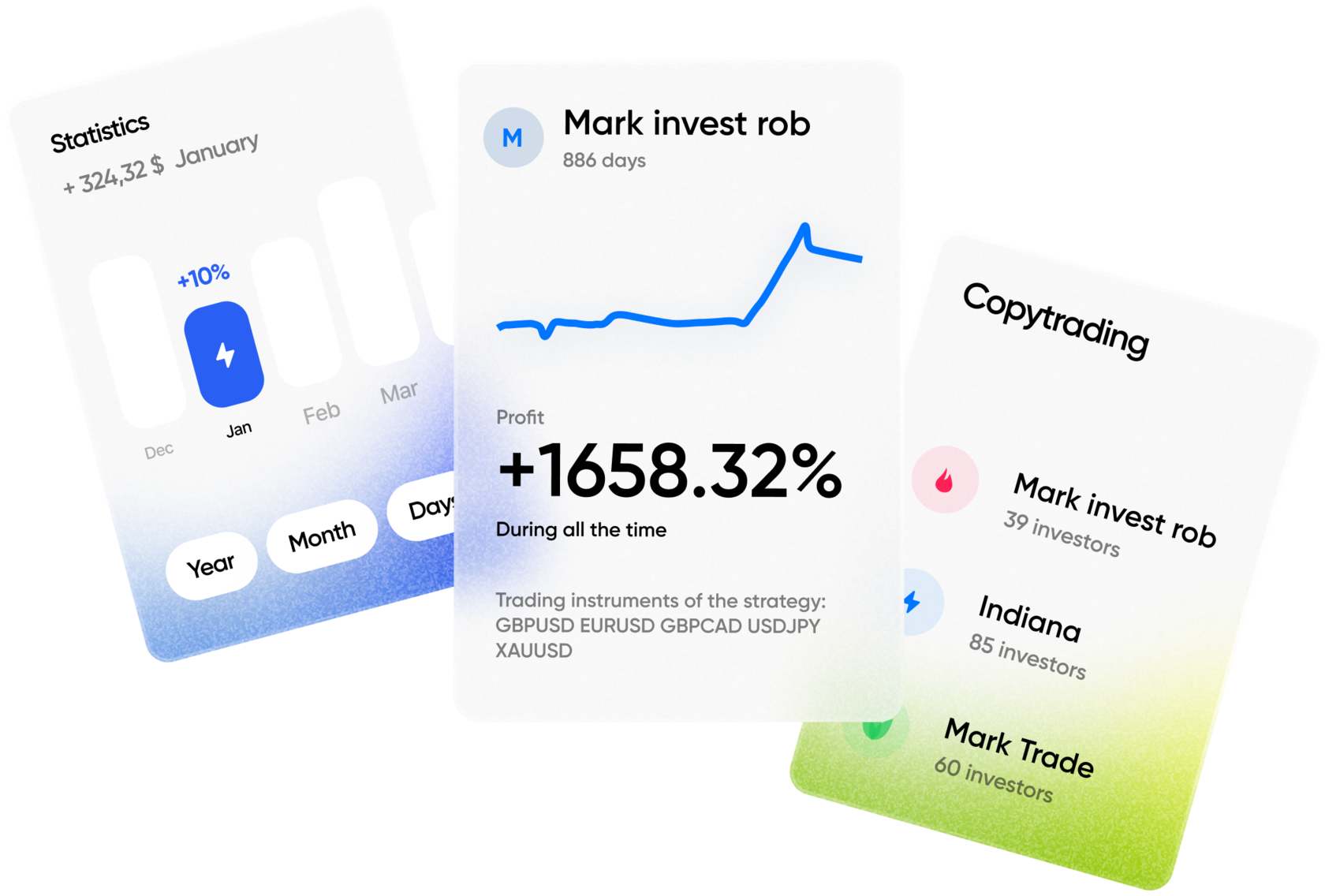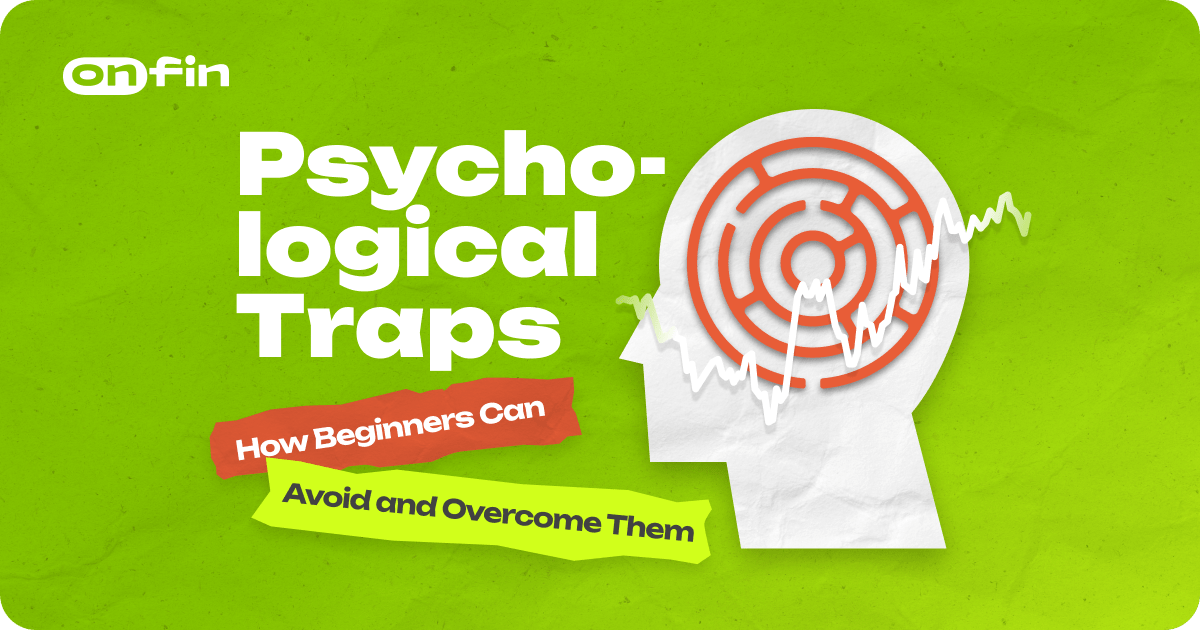The Forex market is an exciting yet complex battlefield where traders compete not only against market forces but also against their own emotions. For beginners, psychological traps in Forex can be more dangerous than bad market conditions. These traps, often driven by cognitive biases in Forex and emotional reactions, lead to poor decision-making, losses, and even account wipeouts.
The good news? You can learn to recognize and overcome these psychological pitfalls before they take a toll on your trading career. In this article, we’ll explore the most common trading emotions, why they cause traders to make Forex trader mistakes, and how you can develop a resilient trading mindset to ensure long-term success.
1. The Illusion of Easy Profits: Why Many Beginners Fail Quickly
One of the most common Forex trader mistakes is believing that making money in Forex is easy. Many new traders enter the market with dreams of making quick profits, thinking all they need is a simple strategy and some capital.
This illusion is often reinforced by flashy marketing, “success stories” on social media, and lucky trades that make beginners feel invincible.
Example of the Trap in Action:
Imagine a beginner who starts trading with a $500 account. On their first few trades, they make a profit of $100 using high leverage.
Excited, they increase their lot sizes, convinced that they have “figured out the market.” But soon, a losing streak wipes out all their profits and more. The realization hits—Forex is not as easy as it seemed.
Why This Happens:
- Beginners underestimate the risks involved in trading.
- The initial success creates overconfidence, leading to reckless decisions.
- Many traders fail to incorporate risk management psychology, assuming they can always recover losses.
How to Overcome It:
- Accept losses as part of trading. Even the best traders in the world experience losses—it’s how you manage them that matters.
- Use proper risk management. Never risk more than 1-2% of your account per trade.
- Avoid high leverage early on. While leverage can amplify profits, it also magnifies losses. Start with conservative leverage until you develop experience.

2. Emotional Trading Mistakes That Cost Beginners Money
Trading emotions are the silent account killers. Fear, greed, frustration, and excitement all play a role in decision-making. Understanding how these emotions impact your trading is crucial for long-term success.
1. Fear and Greed in Forex
- Greed makes traders hold onto winning trades for too long, hoping for even bigger profits. Instead of securing gains, they watch their profits vanish when the market reverses.
- Fear causes traders to exit trades too early, missing out on potential profits. Fearful traders may also avoid entering good setups due to past losses.
| Example: A trader enters a buy position on EUR/USD. The trade moves in their favor by 50 pips, but instead of closing it and securing profits, they hold on, hoping for 100 pips. Suddenly, the market reverses, wiping out their gains. Had they followed their trading discipline, they would have exited with a profit. |
2. Revenge Trading
- Losing money can be painful, but trying to win it back immediately is a dangerous mistake. Revenge traders often enter impulsive trades, ignoring their strategy.
- Instead of logical analysis, their decisions are driven by frustration, leading to more losses.
| Example: A trader loses $200 in a trade and immediately opens a new position with double the lot size to recover losses. Instead of recovering, they lose another $400, making the situation worse. |
3. Trading FOMO (Fear of Missing Out)
- Seeing a price move sharply triggers traders to jump in without proper analysis. They fear missing out on a “big move” and rush into trades without considering the risks.
- By the time they enter, the move is often already over, leading to losses.
| Example: Bitcoin suddenly surges by 10%, and a trader, fearing they’ll miss out on more gains, buys in at the peak. Moments later, the price corrects, and they end up in a losing position. |
How to Avoid Emotional Trading Mistakes:
- Follow a structured trading plan. Your trades should be based on strategy, not emotions.
- Use stop-loss and take-profit orders. This helps remove emotional decision-making.
- Take breaks after a loss. If you feel emotional, step away from the market before making another trade.

3. Cognitive Biases in Forex: The Hidden Mind Traps
Psychological biases shape how we interpret market data and make decisions. If left unchecked, they can sabotage your trading performance.
1. Confirmation Bias in Forex
- Traders often seek information that supports their existing beliefs while ignoring data that contradicts them.
- This can lead to poor trade entries and stubbornly holding onto bad positions.
| Example: A trader believes that gold prices will rise. They only read news articles that support this belief and ignore bearish signals from technical indicators. As a result, they enter a trade that goes against them. |
2. Loss Aversion in Trading
- The psychological pain of losing is stronger than the pleasure of winning.
- Traders hold onto losing trades for too long, hoping for a reversal instead of cutting losses.
| Example: A trader enters a long position on GBP/USD. The price drops, but instead of cutting their losses, they keep the trade open, hoping it will recover. Eventually, their stop-out level is hit, and they lose their entire account. |
How to Overcome Biases:
- Analyze both bullish and bearish scenarios before trading.
- Accept losses as a natural part of trading. A small, controlled loss is better than a devastating one.
- Use a trading journal. Reviewing past trades can help identify and correct biases.
4. How to Recover If You’ve Fallen into a Psychological Trap
If you’ve made Forex trader mistakes due to trading emotions or cognitive biases, don’t worry—it’s part of the learning process. The key is to recognize these mistakes and take action to improve.
Steps to Recover:
- Take a break from trading. If emotions are affecting your decisions, step away from the charts for a while.
- Reassess your strategy. Are you following a structured plan, or are emotions dictating your trades?
- Start trading smaller lot sizes. This reduces emotional pressure and allows for better risk
- Seek mentorship or community support. Learning from experienced traders can help you avoid repeating mistakes.
Final Thoughts: Mastering Forex Trading Psychology
Success in Forex trading isn’t just about understanding charts and indicators—it’s about mastering your own psychology. Psychological traps in Forex are common, but the traders who learn to control their emotions, recognize biases, and stick to their strategies are the ones who succeed.
By developing strong trading discipline and focusing on risk management psychology, you can navigate the Forex market with confidence and consistency.
Remember: The market rewards patience, discipline, and strategic thinking. Trade smart, stay focused, and never let emotions control your decisions!







